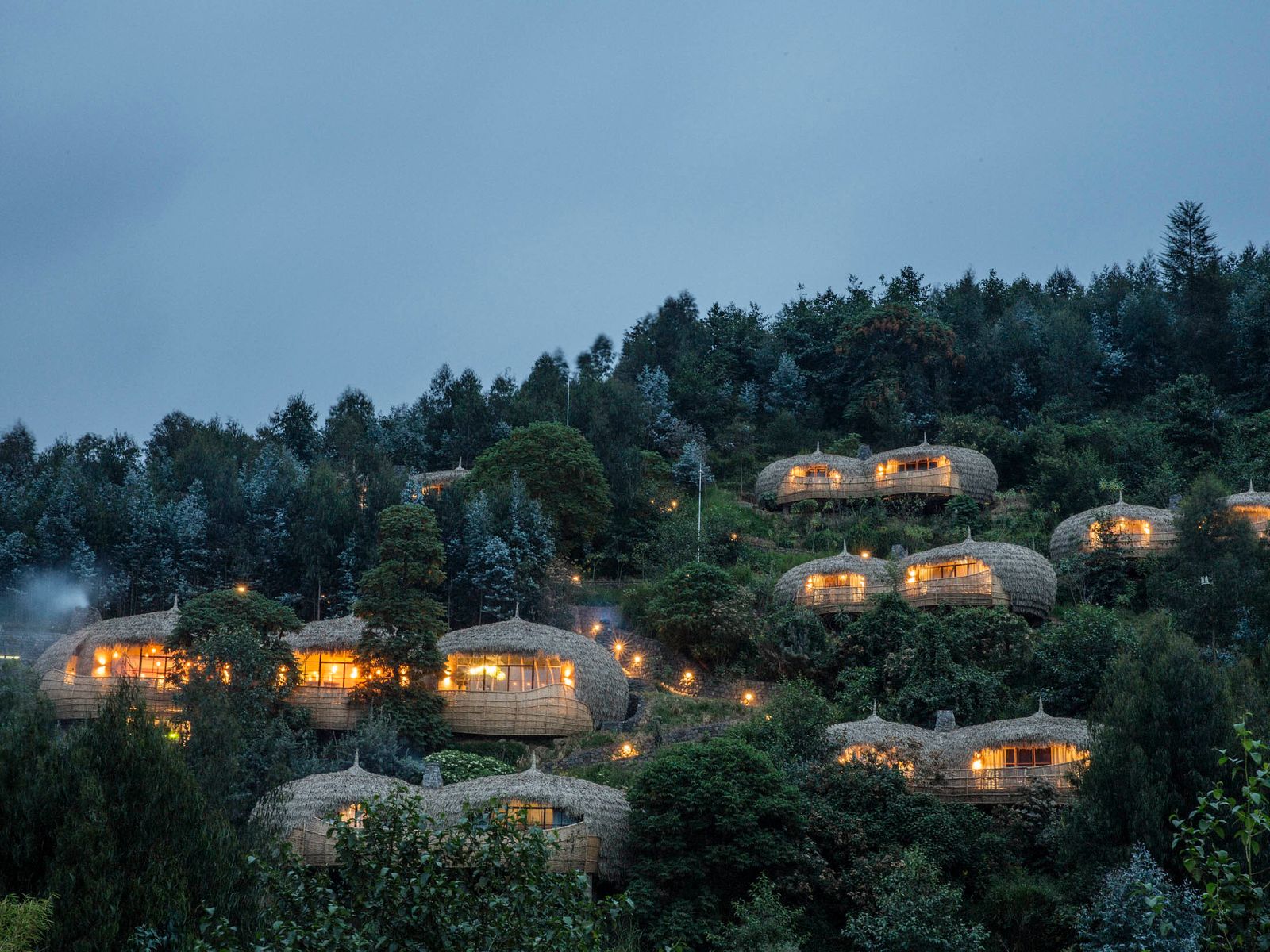
Rwanda, a small yet vibrant country in East Africa, often surprises visitors with its rich history and stunning landscapes. Known as the "Land of a Thousand Hills," Rwanda boasts breathtaking scenery and a unique cultural heritage. Did you know that Rwanda is one of the few places in the world where you can see mountain gorillas in their natural habitat? This country has made remarkable strides in conservation and eco-tourism. Rwanda also stands out for its progressive policies and rapid development, making it a beacon of hope and resilience. From its tragic past to its inspiring present, Rwanda offers countless fascinating facts that will leave you in awe.
Key Takeaways:
- Rwanda, the "Land of a Thousand Hills," is home to mountain gorillas, ancient rainforests, and the stunning Lake Kivu. Its resilient people value education and sustainability, making it a unique and vibrant destination in Africa.
- From tragic history to remarkable growth, Rwanda has emerged as a tech-savvy, environmentally conscious nation. With a rich culture and commitment to community service, it offers a blend of natural beauty and innovation.
Rwanda's Geography and Nature
Rwanda, often called the "Land of a Thousand Hills," boasts stunning landscapes and diverse wildlife. Let's explore some fascinating facts about its geography and natural beauty.
-
Rwanda is a landlocked country in East-Central Africa, bordered by Uganda, Tanzania, Burundi, and the Democratic Republic of the Congo.
-
The country is known for its mountainous terrain, with the Virunga Mountains in the northwest and the Albertine Rift running through the west.
-
Lake Kivu, one of the African Great Lakes, lies on the western border of Rwanda. It is one of the world's deepest lakes.
-
Rwanda is home to Volcanoes National Park, where visitors can see endangered mountain gorillas in their natural habitat.
-
The Nyungwe Forest National Park, located in the southwest, is one of Africa's oldest rainforests and a biodiversity hotspot.
Rwanda's History and Culture
Rwanda's rich history and vibrant culture make it a unique and intriguing destination. Here are some key facts about its past and present.
-
The Kingdom of Rwanda was established in the 15th century, with a monarchy that lasted until 1961.
-
Rwanda gained independence from Belgium on July 1, 1962.
-
The country experienced a tragic genocide in 1994, where an estimated 800,000 people were killed in just 100 days.
-
Despite its turbulent past, Rwanda has made significant strides in reconciliation and rebuilding, becoming one of Africa's fastest-growing economies.
-
The traditional dance, Intore, is an important part of Rwandan culture, often performed at ceremonies and celebrations.
Rwanda's Economy and Innovation
Rwanda's economy has seen remarkable growth and innovation in recent years. Here are some interesting facts about its economic landscape.
-
Agriculture is a major part of Rwanda's economy, with coffee and tea being the main export crops.
-
The country has invested heavily in technology, earning the nickname "Silicon Savannah" for its growing tech industry.
-
Rwanda is one of the few countries in the world where plastic bags are banned, showcasing its commitment to environmental sustainability.
-
The Kigali Innovation City project aims to create a tech hub in the capital, attracting startups and investors from around the globe.
-
Tourism is a significant contributor to Rwanda's economy, with visitors flocking to see its wildlife, national parks, and cultural sites.
Rwanda's People and Society
The people of Rwanda are known for their resilience and hospitality. Let's learn more about the society and daily life in this remarkable country.
-
Rwanda has a population of approximately 12.6 million people, with the majority living in rural areas.
-
The official languages are Kinyarwanda, French, and English, reflecting the country's colonial history and modern connections.
-
Education is highly valued in Rwanda, with the government investing in schools and universities to improve literacy rates and skills.
-
The country has a high representation of women in government, with over 60% of parliamentary seats held by women.
-
Umuganda, a traditional practice of community service, takes place on the last Saturday of each month, where citizens come together to clean and improve their neighborhoods.
Rwanda's Rich Tapestry
Rwanda's history, culture, and natural beauty make it a fascinating place. From the majestic mountain gorillas in Volcanoes National Park to the vibrant Kigali cityscape, there's so much to explore. The country's commitment to environmental conservation and sustainable development is truly inspiring. Rwanda's tragic past has given way to a resilient and forward-looking nation, making strides in technology, education, and healthcare.
The annual Kwita Izina ceremony, where baby gorillas are named, showcases the deep connection between Rwandans and their wildlife. The thousand hills of Rwanda aren't just a geographical feature; they symbolize the layers of history, culture, and progress that define this unique country. Whether you're drawn by its natural wonders, cultural richness, or innovative spirit, Rwanda offers a tapestry of experiences that leave a lasting impression.
Frequently Asked Questions
Was this page helpful?
Our commitment to delivering trustworthy and engaging content is at the heart of what we do. Each fact on our site is contributed by real users like you, bringing a wealth of diverse insights and information. To ensure the highest standards of accuracy and reliability, our dedicated editors meticulously review each submission. This process guarantees that the facts we share are not only fascinating but also credible. Trust in our commitment to quality and authenticity as you explore and learn with us.


